Monday’s meeting of the Shelby County Commission was either an exercise in the art of democratic compromise at its best, or it was wishy-washy pretend legislation at its worst. It may have been both.
The centerpiece of the evening was a reprise of debate on the $1-million bounty promised to the University of Memphis to help in construction of its soon-to-be new swimming facility (oops, “natatorium”).
In the end, the commissioners got back to where they were in July, when a majority of them voted to override County Mayor Lee Harris‘ veto of the million-dollar county grant. Harris had decided to block the funding until and unless he could coax an agreement out of University President M. David Rudd to proceed on a fixed and deliberate course toward a $15-an-hour minimum wage for the university’s custodial workers, now working under an $11 hourly minimum.
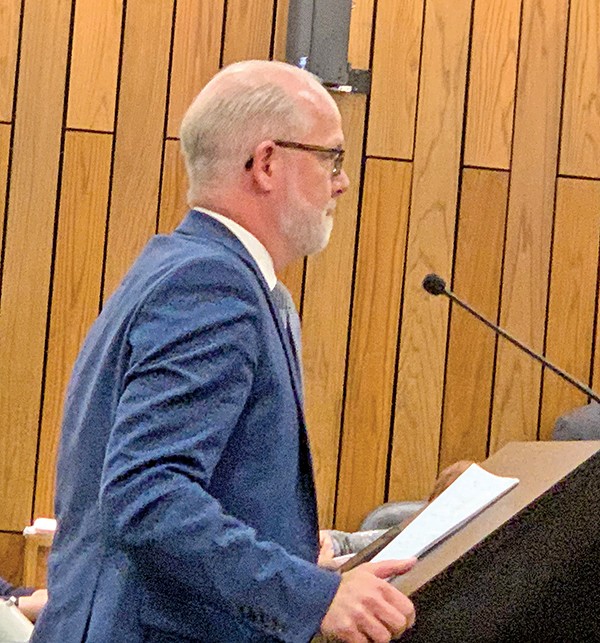 Jackson Baker
Jackson Baker
UM’s Townsend inveighing against “undue political influence”
Meanwhile, former commission Chairman Van Turner, a Democrat who has tried to tie the bestowal of the grant to a specific commitment to the $15-an-hour minimum on the university’s part, presented a proposed revision of the original grant resolution that would do just that.
The substitute resolution contained four additional “whereas” clauses — the first three of which made reference to reputed public statements by President Rudd floating an “achievable … two-year plan to increase custodial wages to $15 per hour.”
A fourth “whereas” shied away from an outright mandate, instead putting the commission on record as favoring the “goal” of seeing “more working residents receiv[ing] a living wage of at least $15 per hour,” and further “encourag[ing] organizations, including its grant recipients, that are able to pay living wages to do so or, if they are unable to do so, to put forward a timeline to reach a living wage within a reasonable period.”
Tentative as that was, it was too much for several commissioners, who in the course of further discussion, got Turner to withdraw the first three “whereas” clauses making reference to Rudd. First-term Republican Brandon Morrison then objected to appending the words “of at least $15 an hour” to the term “living wage,” on the grounds that some of the commission’s grant recipients would never be able to pay their employees the $15 minimum and that the definition of “living wage” could rise or fall, depending on the number of dependents in an employee’s family.
In support of this key change, Chairman Mark Billingsley, also a Republican, underscored the fact that the amended document was merely “aspirational” in its language — an accurate formulation that he would repeat several times.
Ted Townsend, the U of M’s chief economic development official, insisted that the million-dollar matter should not be viewed as having to do with living-wage issues but merely in relation to the “valuable asset” that the new swimming facility would be for the greater community.
There was more see-saw commentary and parliamentary action. Amber Mills wondered if requiring “best efforts” from grant recipients was consistent with free-market principles. Edmund Ford thought the same standards should be applied to Shelby County Schools. Reginald Milton, noting that Rudd was forgoing a pay raise, said, “Sometimes good faith is good enough.”
The commission got involved in a lengthy sidetrack on the issue of whether the county’s contract with the university should be amended to be consistent with the resolution. Ultimately, after several votes in which amendments were themselves amended — Billingsley expressed himself against making the university a “crash-test dummy,” and Townsend cited an accrediting organization’s warning about “undue political influence” — only the original surviving “whereas” clause was retained, sans any reference to $15 an hour.
And there, in the final wash, the resolution stood, approved by all 12 of the members present. (Commissioner Tami Sawyer was absent.) The bottom line: The $1 million is real, but the living-wage goals remain “aspirational.”
Reminder: Early voting for District 1 and District 7 council seats ends on Saturday; Election Day is Thursday, Nov. 14th.
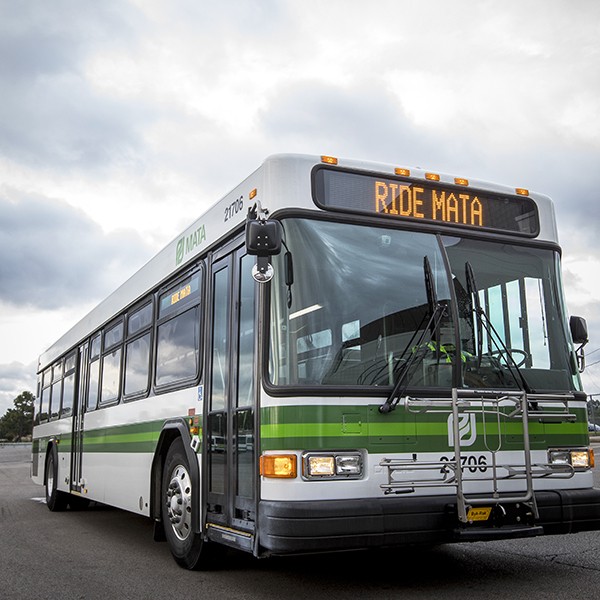 Justin Fox Burks
Justin Fox Burks 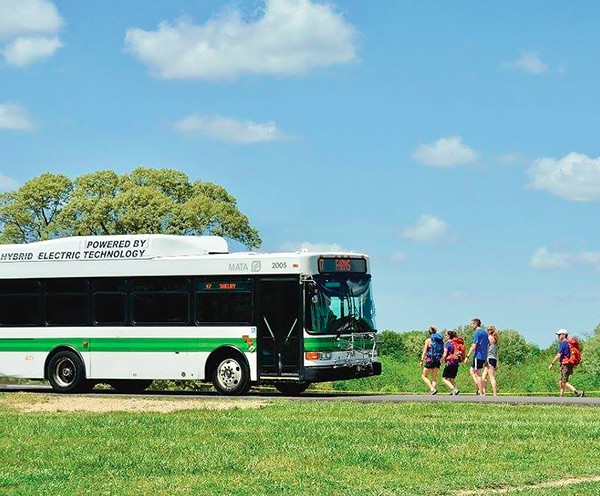 Memphis Area Transit Authority
Memphis Area Transit Authority  Jackson Baker
Jackson Baker 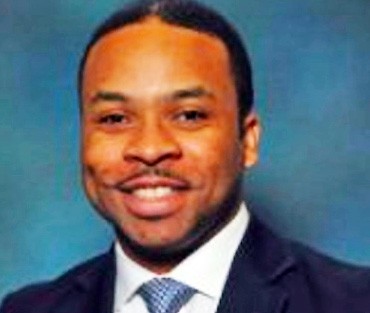
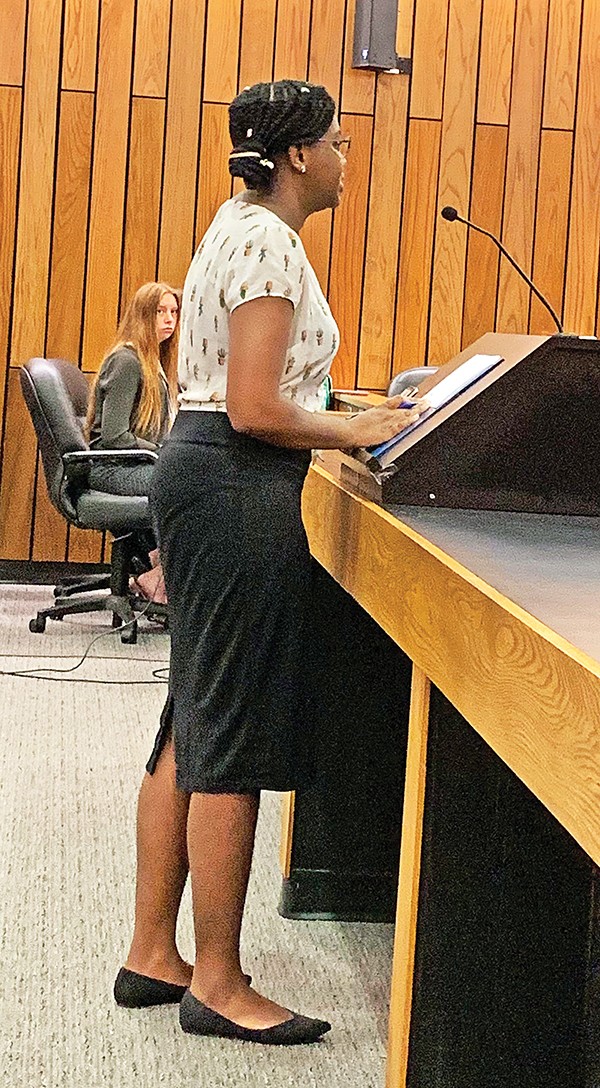 Jackson Baker
Jackson Baker 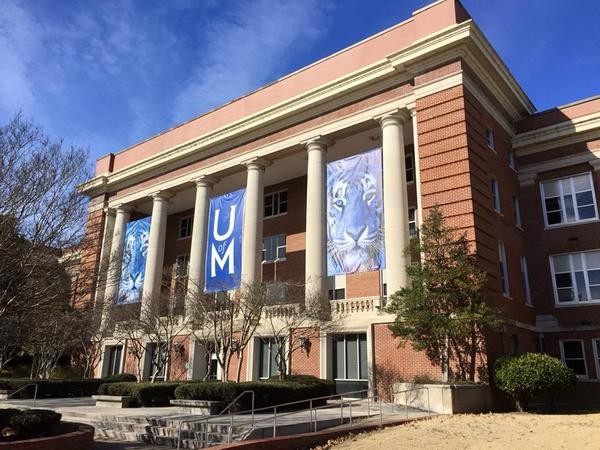
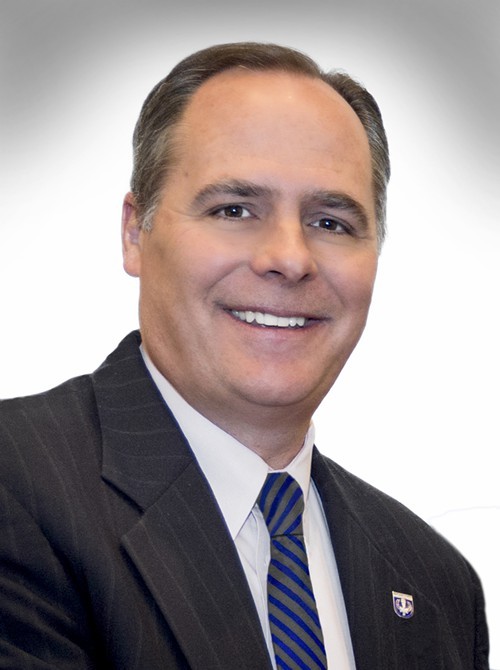
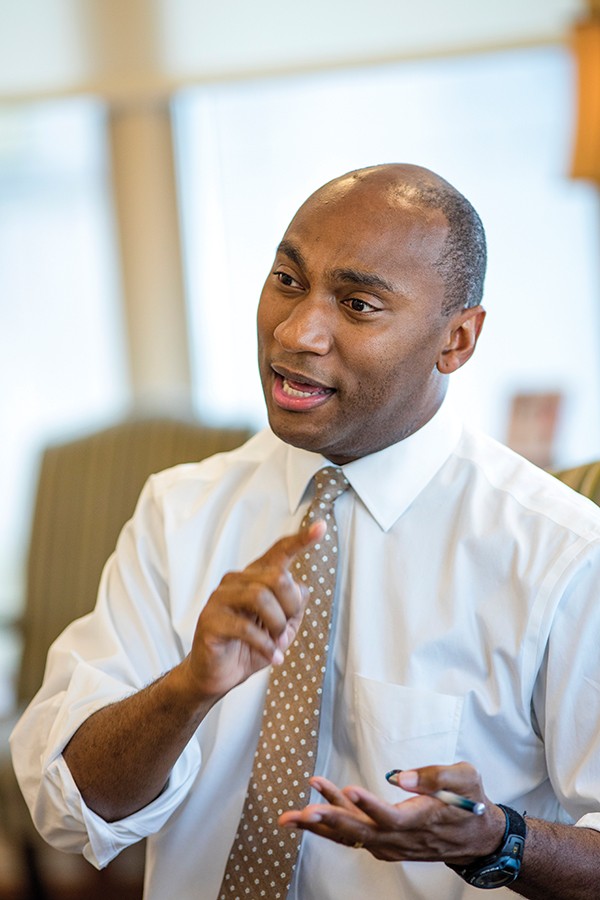 Justin Fox Burks
Justin Fox Burks 


